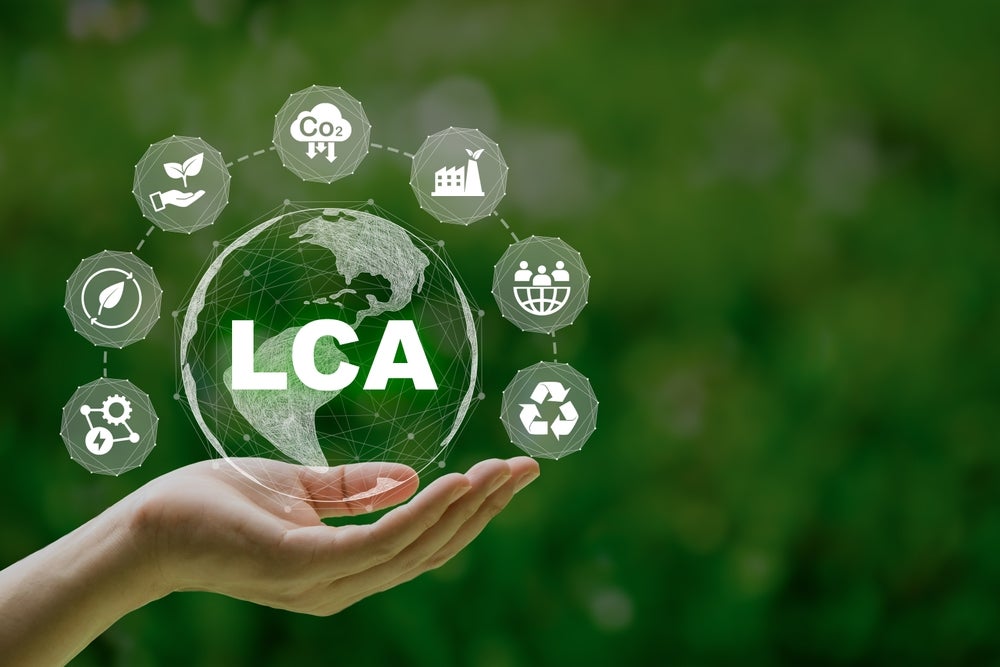
Italy-based Beontag, a manufacturer of pressure-sensitive adhesives (PSA) materials and smart tags, has released the comparative Life Cycle Assessment (LCA) results of its Linerless label solution.
Through a comprehensive LCA adhering to ISO 14040 and ISO 14044 standards, the Linerless solution reportedly showcases a 35% carbon footprint reduction compared to a product with the liner of the same application, across every phase of its life cycle.
By eliminating the need for a liner, Linerless VIP labels achieve a 38% reduction in post-consumer waste during its end-of-life stage, quantified based on the weight of post-consumer waste per square meter.
The main distinction between a regular label and Linerless VIP label is the absence of a liner, which reduces the PSA layers – the conventional version has four layers while Linerless VIP labels have three.
Since the layer discarded during use (liner) is absent, waste is minimised and it is possible to provide more PSA meters per roll.
The LCA results have gone through a third-party verification and a type III Environmental Product Declaration (EPD) issued in accordance with ISO 14025.

US Tariffs are shifting - will you react or anticipate?
Don’t let policy changes catch you off guard. Stay proactive with real-time data and expert analysis.
By GlobalDataBeontag’s main competitors in linerless labels are Avery Dennison and Coveris.
Earlier this year, the company released a range of tags with radio-frequency identification (RFID) functionality for the retail and industrial markets.



